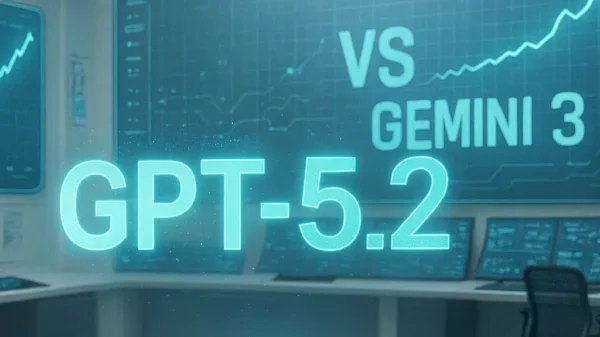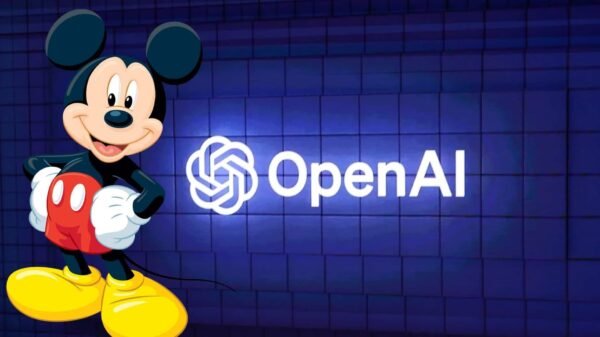Algebra Ventures, a venture capital firm focusing on Egypt, successfully led the $2.8 million in pre-seed funding that Mtor, an Egyptian online marketplace for auto parts, received. According to a statement the company released, other investors participated in the round. These investors include the Dutch Founders Fund (DFF), Aditum Ventures, LoftyInc Capital, and other angel investors from both the local and worldwide communities.
Mohamed Maged, the company’s CEO, founded Mtor in April 2022. His time in Germany, where he gained crucial knowledge in the automobile industry, inspired the business he is currently running. After moving back to Egypt in 2020, Maged became a member of the business-to-business (B2B) e-commerce marketplace MaxAB. He held two different head of growth positions before leaving to establish Mtor.
In an interview with TechCrunch, Maged detailed how he noticed difficulty tackling inefficiencies and fragmentation within the automotive aftermarket and the supply chain for auto components. More specifically, he focused on local workshops and car mechanic spaces as the target audience for his efforts. He explained that I had the concept for Mtor before I arrived in Egypt. I had some experience working in the automobile industry, and during that time, I witnessed the inefficiencies of worldwide suppliers who were unaware of local workshops or service providers. Because Egypt does not produce many replacement parts, there is a significant knowledge and technological gap in distributing new goods.
Initially, Mtor primarily sold replacement parts to local workshops and handled logistics. Maged is a company executive team member comprising Chief Technology Officer Khaled Kandil, Chief Operating Officer Mohamed Altaf, and Vice President of Strategy Moaz El Megharbel. Over time, the business extended its operations. It formed agreements with importers to simplify distribution in the Egyptian market, home to thousands of local service providers and millions of automobiles that require maintenance and after-sales components.
The value of Egypt’s automobile after-sales industry is more than $5 billion, making it one of the largest in Africa, the Middle East, and North Africa. With an aging fleet of 8 million cars, automobile owners spend an average of over $600 a year across 35,000 workshops and service providers. This highlights the enormous potential that exists within Egypt’s automotive after-sales sector.
At its heart, Mtor tackles the pain points these local workshops experience, tackling issues such as faulty fitting data, obstacles in logistics and delivery, difficulties in obtaining components, and a lack of transparency about prices. Additionally, the firm intends to bridge the gap for automobile owners confronted with a problem between official dealerships, where costs are two to three times higher, and local workshops that provide more inexpensive solutions. The motor operates as a middleman, utilizing a technological platform to link local workshops directly with importers. This is done even though there is a possibility that the quality of the products produced at local workshops might be compromised, particularly during times of global economic crises.
Traditionally, importers provide bulk orders to significant wholesalers, who then distribute to local mechanics through many levels of suppliers. This process is repeated until everyone is satisfied. The motor system streamlines this procedure and provides more cost-effective pricing than the conventional two-layer supply chain could ever provide.
According to Maged, “A local mechanic would get the parts from the current supply chain for 10,000 Egyptian pounds, but they can get them from Mtor for 8,000–8,500 Egyptian pounds because we operate an efficient kind of supply chain from importers to Mtor’s two warehouses in Cairo and Giza and then to these mechanic workshops.” He explained that this is because Mtor operates an efficient supply chain. We are something in the middle that will elevate those workshops by providing them with a technological platform that connects them directly with the importers. At the same time, we will provide them with higher-quality and more trustworthy parts. This will provide them with the necessary balance between the two worlds, including providing logistics and delivering products on demand.
With a margin model that is essentially related to the components themselves, the online marketplace for car parts, which has been operating for two years, runs. The company’s price structure is standardized, and the take rates or margins emerge from this pricing structure, which also includes free delivery.
Motor has provided services to more than 2,500 workshops and fulfilled more than 70,000 orders over the past year and a half. The company has established connections with more than sixty different importers on the supply side.
The motor is more than just a distribution arm enabled by technology; it also generates a solid feedback loop that includes data, information about parts, and pricing points. The company’s Mechanic app, geared toward these neighborhood workshops, makes ordering more accessible and offers information on after-sales items compatible with the vehicle. In addition, the application is responsible for managing the redirection of components, whether to Mtor’s inventory or the importers’ inventory. This helps to improve efficiency and collaboration across the automobile aftermarket.
Compared to systems that operate as marketplaces linking automobile owners with service providers, Mtor’s concentration on business-to-business clients is a substantial shift. One noteworthy example is the Egyptian business Odiggo, which was previously operating in this area before transitioning to Sully.ai, an artificial intelligence team specializing in automating healthcare procedures. Y Combinator was an investor in this company. Similarly, Mecho Autotech, a platform for automobile deals in Nigeria, began as a business-to-consumer marketplace. However, it has lately expanded its operations to include the wholesale distribution of after-sales components.
Even though Odiggo’s new business focus and Mecho’s different market positioning make them non-direct competitors, Mtor, according to Maged, does not consider other B2C players to be competitors. Mtor recognizes that serving mechanics involves more frequent orders and lower return rates than serving direct customers in the spare parts business.
Because the service providers are the ones who are responsible for the mechanics, they only supplement our approach. The primary objective of Mtor is to enable independent workshops to provide automobile owners with superior-quality services at costs that are within their financial means. The best way to do this is to give those mechanics more authority, which will result in a better experience for the car owner, not just in terms of the amount of time it takes to complete the repair but also in terms of the quality of the components and even the price that he pays,” the CEO continued.
Additionally, Maged reports that the firm has been concentrating on building goods that attract more mechanics every month. This is in addition to the recent hiring of individuals for leadership and operational responsibilities. As a result of the fresh investment that it has received, the company’s plan will include increasing the amount of emphasis placed on this method. He observed that the new business intends to strengthen ties with important importers and suppliers of their components.
Karim Hussein, managing partner at Algebra Ventures, expressed his excitement about the investment by saying, “We are delighted to partner with Mtor’s founders and team, who have built an innovative business that solves a significant pain for mechanics, auto parts suppliers, and vehicle owners.” Because of its one-of-a-kind visual and vocal interface and its advanced fitting and parts-matching engine, MTOR minimizes the significant amount of time that technicians spend each day searching for the appropriate component at the appropriate cost. We look forward to supporting MTOR as they expand their operations in Egypt and beyond.

















































